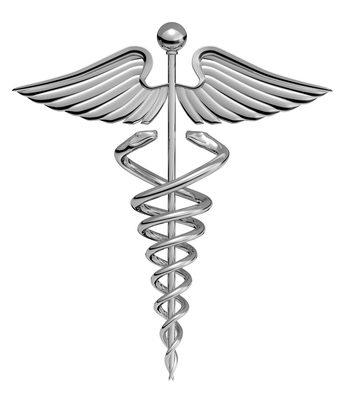The Fast Healthcare Interoperability Resources (FHIR) is a data exchange draft standard that is published and maintained by Health Level Seven (HL7). FHIR is less complex and more user-friendly than earlier data exchange standards. It facilitates real time data exchange through web-based technology.
Technology Driven Changes
The federal government, regulatory bodies and major health care organizations have been advocating for the adoption of electronic health record systems for some time now. Today, the focus has largely shifted to organizational interoperability, which refers to the ability to easily share and collect data among systems and devices like apps and sensors.
Related: Top 10 Online Master’s in Health Informatics Degree Programs
Advancements in technology have also created new tools for communication and collaboration between health care providers and health care consumers. All of these changes in technology have led to the rapid development and adoption of FHIR, which is a better solution for accessing, storing and sharing health data based on technology standards.
How is FHIR Unique?
FHIR introduced a next generation standard that is based on web technology. This offers a fast, flexible and cost-effective solution for the sharing of health care data. The FHIR standard supports four types of interchangeability: web services, documents, messages and services. It is dissimilar to previous standards that separately supported these four areas, which contributes to misinformation and miscommunication. The FHIR offers the four content paradigms in a centralized area. For example, health care providers can use FHIR to access electronic health records and export specific data, such as historical vital signs, into email messages, provider documentation and other electronic systems.
What is a FHIR Resource?
The basic building block of the FHIR system is called a resource, which refers to any type of exchangeable content. Resources are a common way to define and represent data types of common data element patterns. These resources have universal, agreed-upon data elements with standardized meanings across the various sharing partners. Resources always share certain characteristics, such as using a common set of metadata and a human readable component. Resources will also have standard clinical, administrative and infrastructure elements like questionnaires, care plans, family histories, medication lists and multimedia.
What is a FHIR Profile?
A FHIR resource profile is a concise statement that contains a metadata section, which describes the profile and providers registry searching, and a summary that defines and describes how a resource or data type is specifically used. It usually contains an extension definition that designates how extensions can be used within data structures. FHIR profiles sometimes include resource and data type constraints, such as those that control how terminology is used and defined. Many health care organization are now making FHIR profiles available on public servers to allow developers to access them and provide better access to patients.
What are the Potential Uses?
Health care organizations that adopt FHIR will be able to create RESTful APIs and map out existing internal interfaces to improve accessibility. These organizations can connect existing systems with FHIR APIs and streamline their functioning, which is very cost effective. FHIR provides health care organizations with web, mobile and cloud-based technology support. This will revolutionize how health care organizations allow their patients to access their information. FHIR programs will enable health care executives and decision support systems to independently access centralized data that was previously inaccessible or spread throughout various health care information management systems.
Health care organizations that want to learn more about the Fast Healthcare Interoperability Resources system can join the Argonaut Project, which is a joint project between HL7 and health care vendors, or the Health Services Platform Consortium (HSPC), which is a non-profit organization that promotes open platform FHIR standards.
